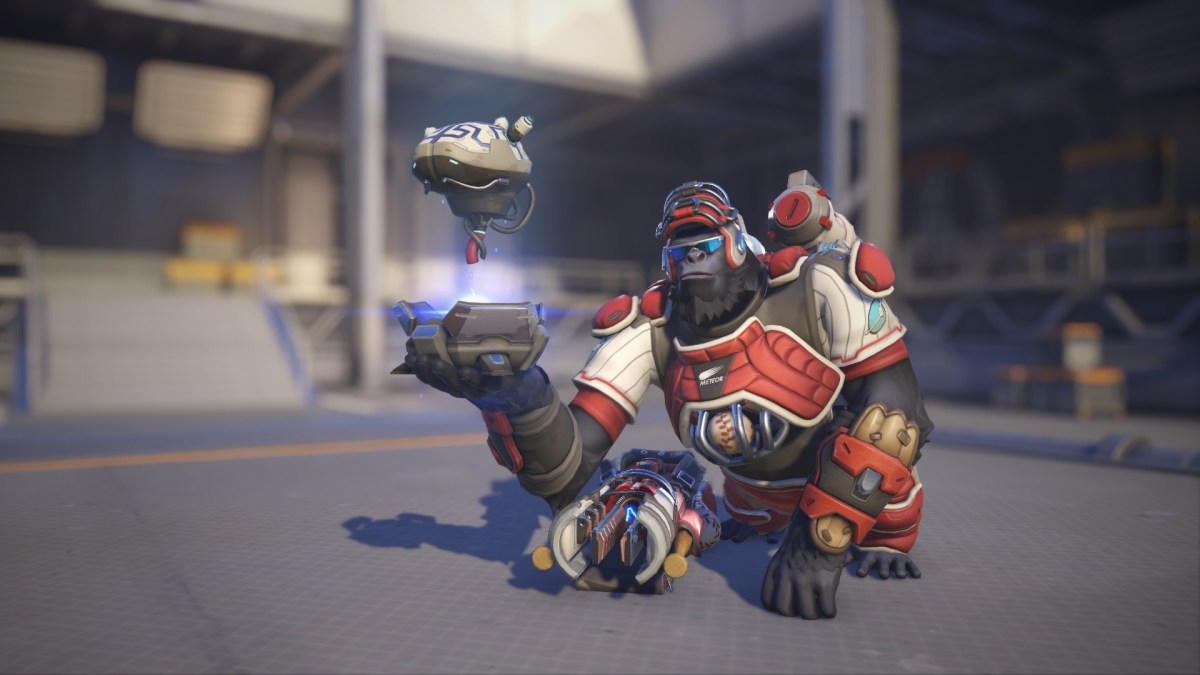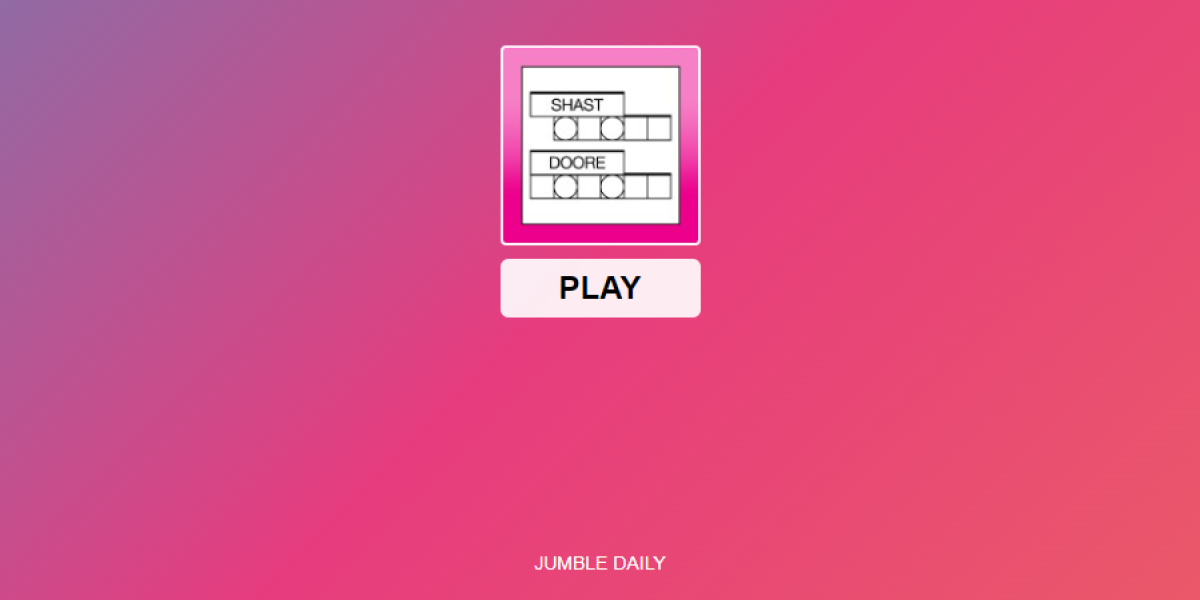A new laboratory study has successfully used lab-grown brain cells to play the 1972 video game Pong, as first reported by BBC.
The study, by Dr. Brett Kagan and several others from the company Cortical Labs, described the brain grown in a dish as “sentient.” Kagan said the team “could find no better term to describe the device” as “it is able to take in information from an external source, process it and then respond to it in real time.”
“Integrating neurons into digital systems may enable performance infeasible with silicon alone,” the study says. “Here, we develop DishBrain, a system that harnesses the inherent adaptive computation of neurons in a structured environment. In vitro neural networks from human or rodent origins are integrated with in silico computing via a high-density multielectrode array. Through electrophysiological stimulation and recording, cultures are embedded in a simulated game-world, mimicking the arcade game Pong.”
The report says that the team “grew human brain cells grown from stem cells and some from mouse embryos to a collection of 800,000” and “connected this mini-brain to the video game via electrodes revealing which side the ball was on and how far from the paddle.”
It took just five minutes for the brain to learn how to “play” the pseudo-Pong, which is way shorter than it takes teammates to learn how to capture an objective in any of today’s popular multiplayer games.
So can you expect these brain cells to queue up as your DPS teammate in Overwatch 2 any time soon? Thankfully, no. Dr. Kagan’s team has a much bigger aim for the study, including using the technology to test treatments for diseases like Alzheimer’s.
“Using this DishBrain system, we have demonstrated that a single layer of in vitro cortical neurons can self-organize activity to display intelligent and sentient behavior when embodied in a simulated game-world,” the study concluded.






Published: Oct 12, 2022 02:33 pm